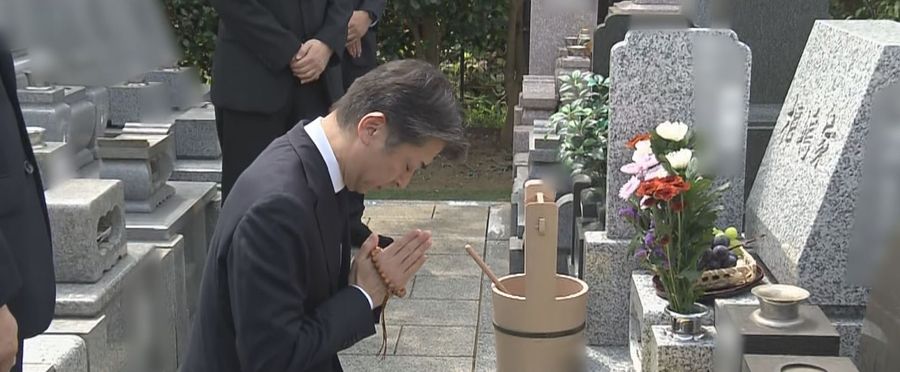In a significant turn of events, a senior member of the Tokyo Police Department has publicly apologized at the site of Okawahara's grave, acknowledging the wrongful conviction of Okawahara. This is a significant moment, as public apologies by law enforcement agencies are rare in Japan, pointing toward potential systemic changes within the institution.
Wrongful convictions are a significant issue in Japan, often focusing on confessions extracted under duress or questionable forensic techniques. The Okawahara case has been highly publicized due to its controversial aspects. The public apology therefore symbolizes a significant shift in acknowledging police errors and represents a moment of justice for Okawahara.
In the United States and many European countries, public apologies for wrongful convictions are more common, but still rare. Such acts often set into motion policy changes and initiatives to prevent future injustices. Society's reaction to these instances can range from public outrage to calls for institutional reform.

